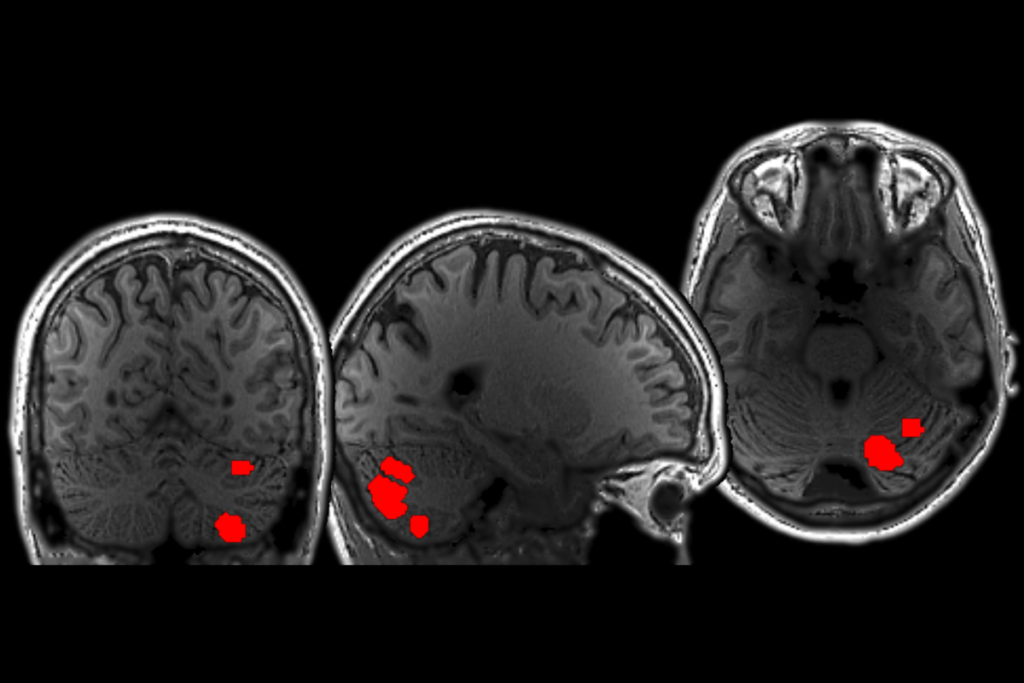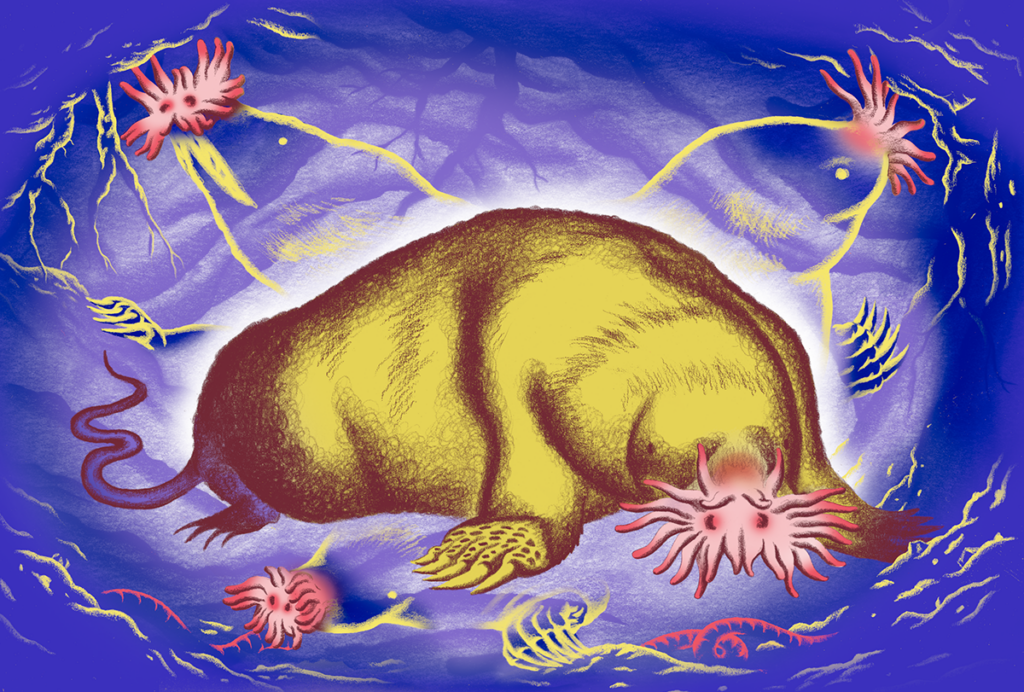Helen Tager-Flusberg is director of the Center for Autism Research Excellence at Boston University. Her research aims to untangle autism and language impairments using behavioral and brain-imagining studies. She was also a columnist for Spectrum.
Boston University
Helen Tager-Flusberg is director of the Center for Autism Research Excellence at Boston University. Her research aims to untangle autism and language impairments using behavioral and brain-imagining studies. She was also a columnist for Spectrum.
A diagnosis of social communication disorder only keeps people from a community and resources they desperately want and need.

Studying parents of children with autism has long been controversial, but that doesn’t mean scientists should avoid it.

Elsa, the star of the movie “Frozen,” is the poster child for girls with autism.

Scientists should slow down and return to the basic tenets of research to regain the public’s trust.

Trials to test drugs for autism suffer from subjective measurements and placebo effects. Helen Tager-Flusberg outlines how to ferret out the true effects of potential autism therapies.

One of four language-responsive cerebellar regions may encode meaningful information, much like the cortical language network in the left hemisphere, according to a new study.

One of four language-responsive cerebellar regions may encode meaningful information, much like the cortical language network in the left hemisphere, according to a new study.
“MacArthur genius” Kenneth Catania outlined the physiology behind the moles’ stellar foraging skills two decades ago. Next, he wants to better characterize their food-seeking behavior.

“MacArthur genius” Kenneth Catania outlined the physiology behind the moles’ stellar foraging skills two decades ago. Next, he wants to better characterize their food-seeking behavior.
A reanalysis of the data revealed errors and failed to replicate the results.

A reanalysis of the data revealed errors and failed to replicate the results.